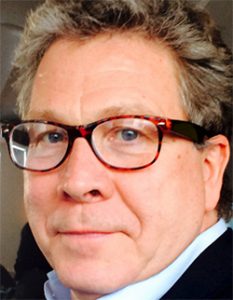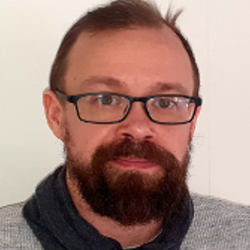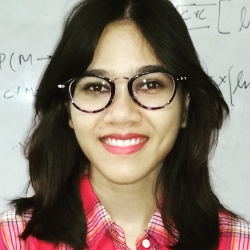University of Iceland
The University of Iceland (UI) was founded in 1911, is a state university situated in the heart of Reykjavík, the capital of Iceland. A modern, diversified and rapidly developing institution, the University of Iceland offers internationally competitive undergraduate and graduate programs based on the Bologna system. The University employs over 1.600 people and has over 13.000 students of which there are close to 650 PhD students. It is by far the largest teaching and research institution in Iceland and is renowned in the global scientific community for its research excellence, ranking in the top 300 on the Times Higher Education Ranking for the past 9 years. The Faculty has a strong international research cooperation and obtains research funding from both National and International sources.
Theoretical Chemistry Group
The theoretical chemistry group is an interdisciplinary research team that includes graduate students with background in Chemistry, Physics, Materals Science and Engineering. The research activity of the group focusses on the following main themes: (i) development of methodology for calculating the properties of chemicals and materials, including both electronic structure and atomic rearrangements such as chemical reactions and diffusion, and (2) application to various challenges related to sustainable future, such as CO2 reduction to valuable products, hydrogen production, solar light harvesting and improved catalysis. The group currently consists of 15 people, including 3 senior researchers, 7 PhD students and 4 post-doctoral researchers and one MS student. Within ECOMATES, the group will further develop methodology for simulating electrocatalytic processes within a hybrid simulation scheme (QM/MM) to accurately assess the effect of electrode surface and electrolyte solution. Calculations will be carried out for nanoparticle and alloy electrode surfaces for identifying optimal conditions for CO2 electrocatalytic reduction. The calculations are carried out using density functionals including self-interaction correction where appropriate.
Research Team
The group involved in ECOMATES is composed by two senior staff members and a post-doc in addition to PhD students. The team has expert knowledge in state-of-the-art methodology for simulating electrochemical processes and, within ECOMATES, will host and supervise a PhD student. The senior researchers composing the team are:
 |
Hannes Jónsson, Professor of Theoretical Chemistry at University of Iceland and Adjunct Professor of Chemistry at Brown University in USA and Adjunct Professor of Applied Physics at Aalto University in Finland. His expertise includes the development of methods for finding the mechanism and rate of atomic scale transitions as well as electronic structure methods with application in electrochemistry in particular.
|
 |
Elvar Örn Jónsson is research assistant professor in Theoretical Chemistry. He is an expert in electronic structure methods, development of accurate potential energy functions for describing molecular interactions and the combination of the two in hybrid simulation approaches, for example in electrocatalysis applications.
|
 |
Amrita Goswami is a post-doctoral researcher with experience in simulations of liquids, solid/liquid interfaces and solvation effects.
|
Infrastructure
The group is the largest user of the High Performance Computing facility located at the University of Iceland, and has also dedicated access to the LUMI supercomputer in Finland, which is currently the most powerful one in Europe and third fastest globally.

